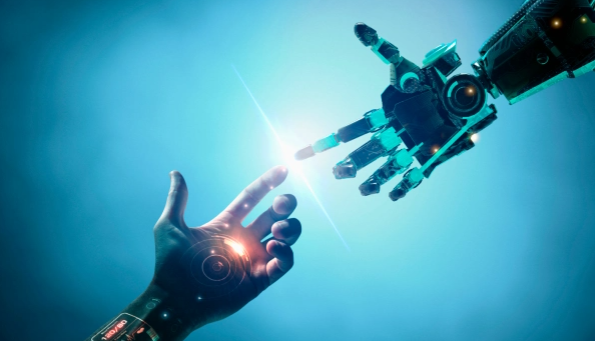AI chatbot ChatGPT awed the world with its human-like responses to questions, a major cheating scandal involving artificial intelligence was erupting in Asia.The Chunlan Cup, an international tournament boasting $200,000 in prize money for winning the ancient Chinese board game of Go, was embroiled in controversy following a semifinal match.
In a David vs Goliath moment, a relative newcomer, Li Xuanhao of China, defeated the reigning world champion Shin Jin-seo of South Korea. On social media, Li’s own teammate accused him of cheating using AI, which is commonly used during training but banned during competition.The controversy drew coverage from major newspapers, including Chinese state media. Players called for new measures to prevent AI-assisted cheating, saying it was an existential threat to the sport, which is known in China as weiqi and Korea as baduk.“AI destroyed all the existing orders of this [Go] community and rebuilt it,” Jiuheng He, an avid Go player who researches AI at Cornell University, told CNN. “Human experts used to dominate the whole realm. Now we have to accept a non-human actor who has expertise, maybe even has exceeded the human experts. So how are we going to deal with it?”
How AI changed the game
The scandal swirling over the Chunlan Cup wasn’t the first time AI disrupted the game of Go.For thousands of years, it was considered the height of intellectual pursuit in East Asia. Even today, there are 40 million players in China studying in 200,000 schools, according to the Chinese Weiqi Association.Go masters, once household names in Asia, were held in reverence. Like gods, they appeared to “stand on mountains” and all knowledge of the game flowed from them, according to He. They were so famous they would publish books to advise players about life.













